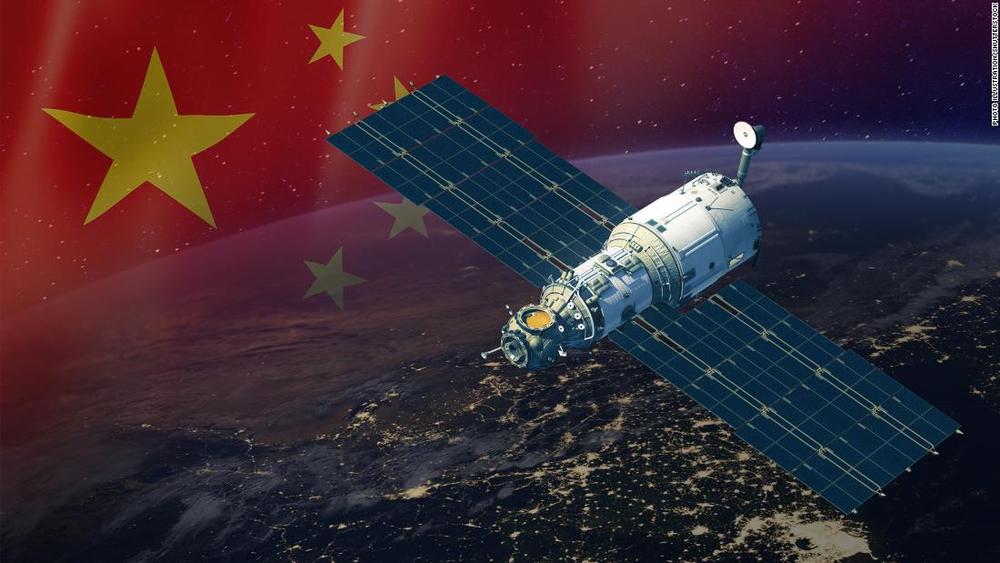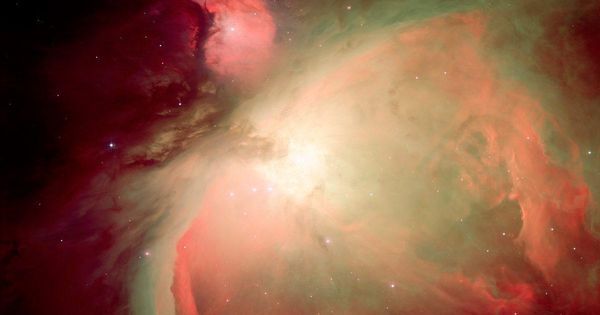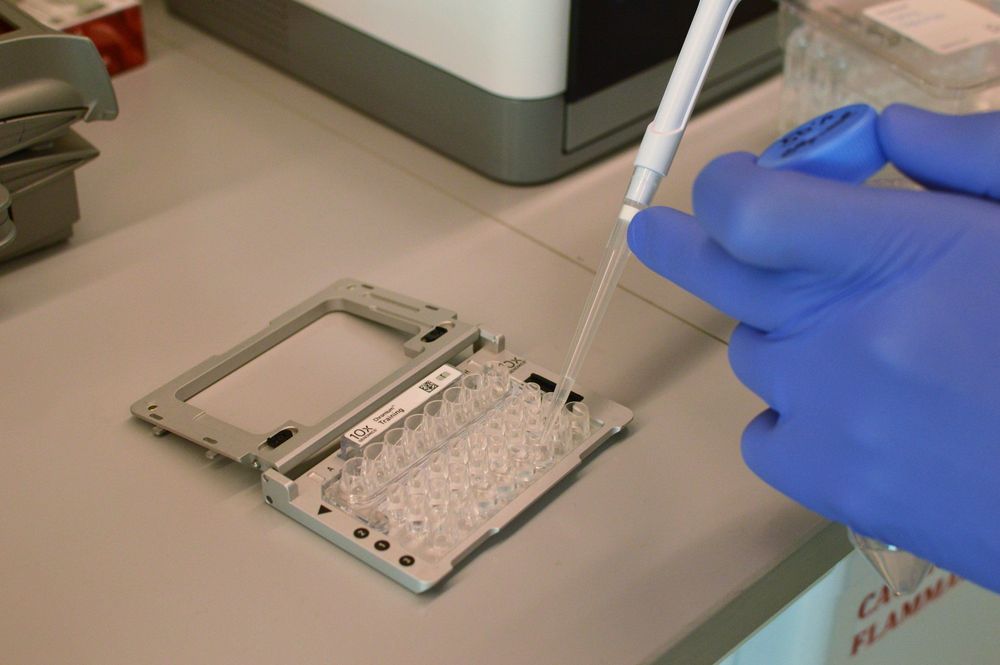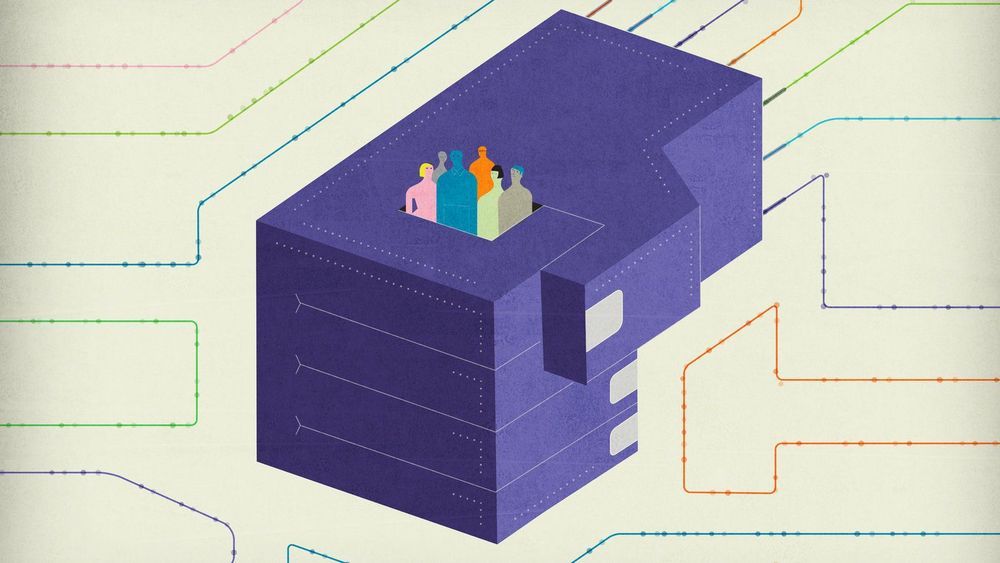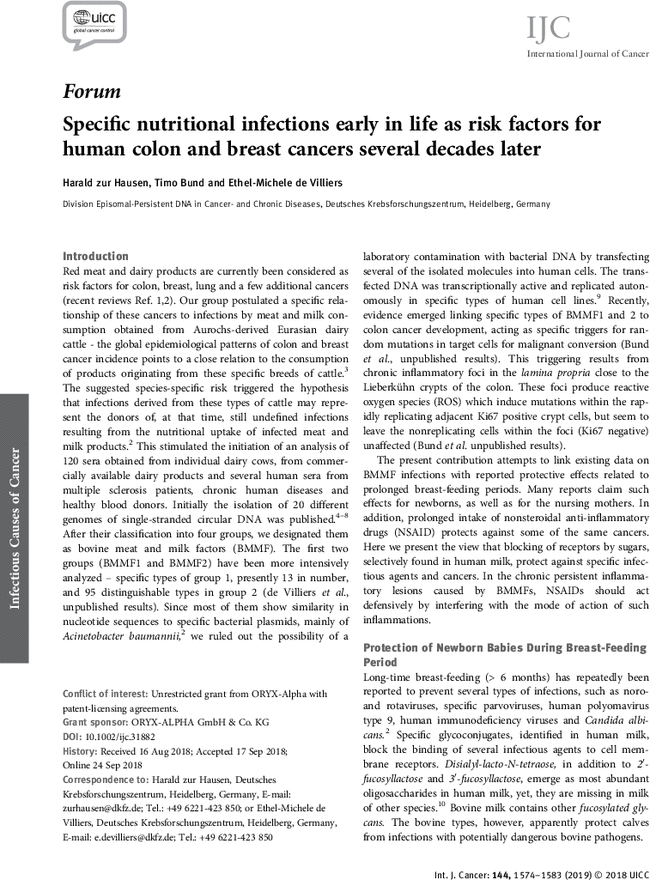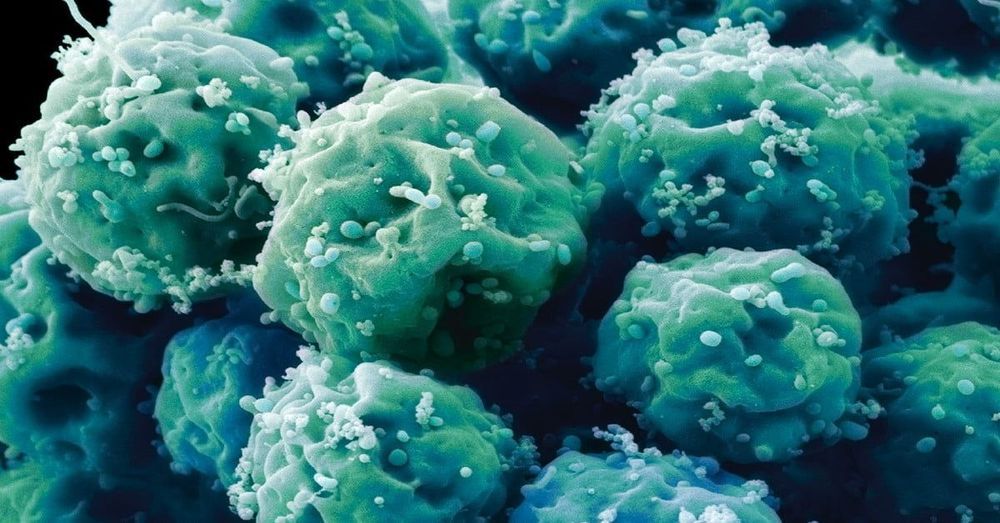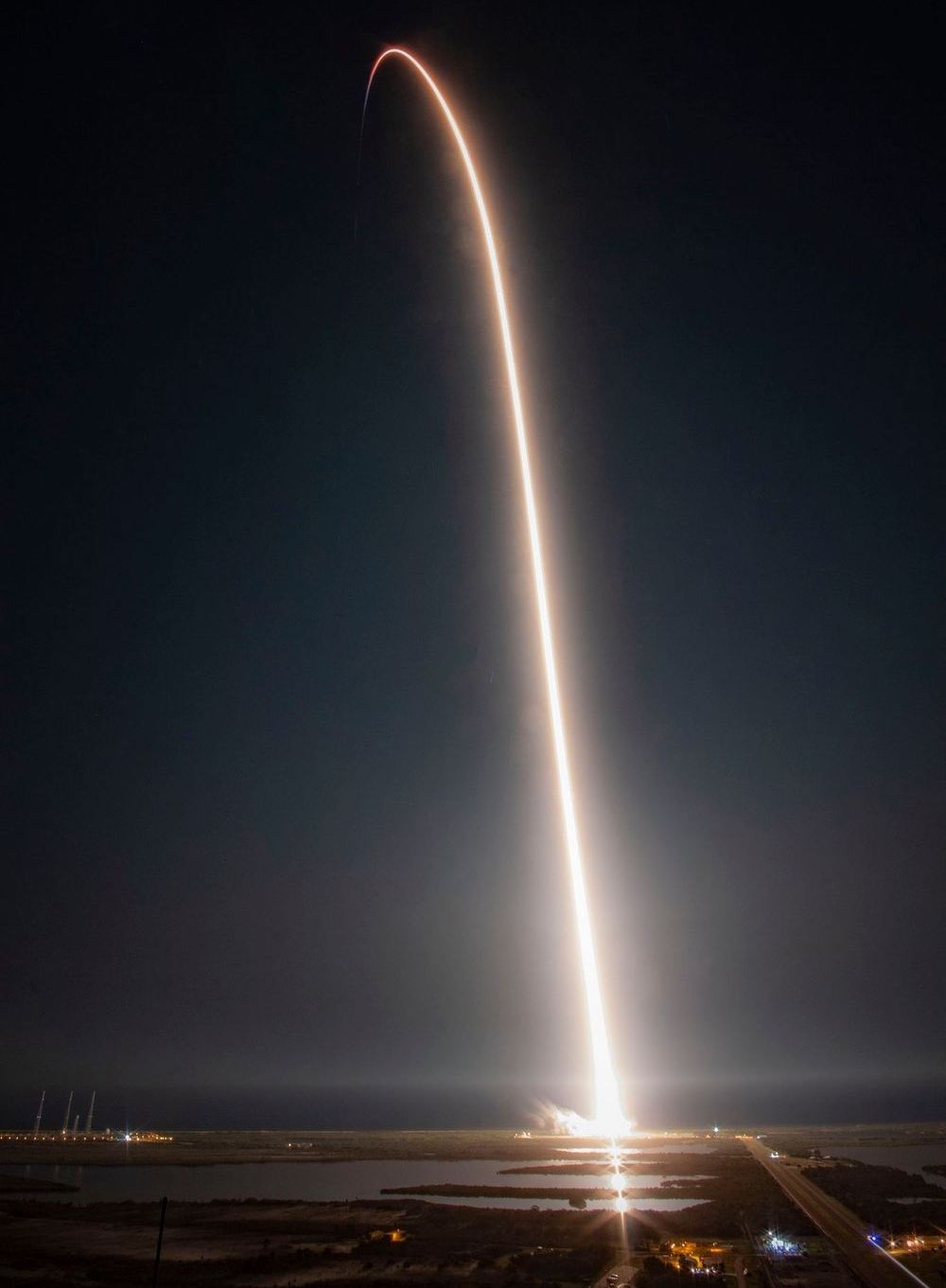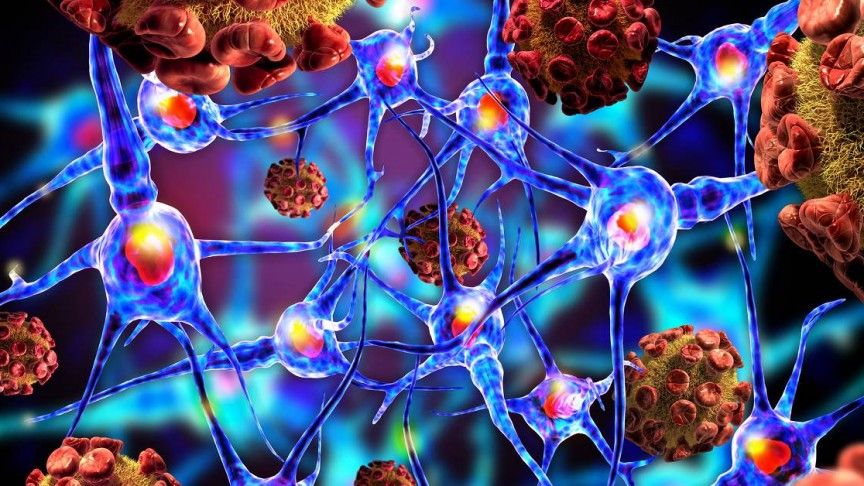China says it is working to develop a solar energy plant in space that could one day beam enough power back to Earth to light up an entire city.
If scientists can overcome the formidable technical challenges, the project would represent a monumental leap in combating the Earth’s addiction to dirty power sources which worsen air pollution and global warming.
A space-based solar power station could also provide an alternative to the current generation of earthbound and relatively ineffective renewable energy sources.
